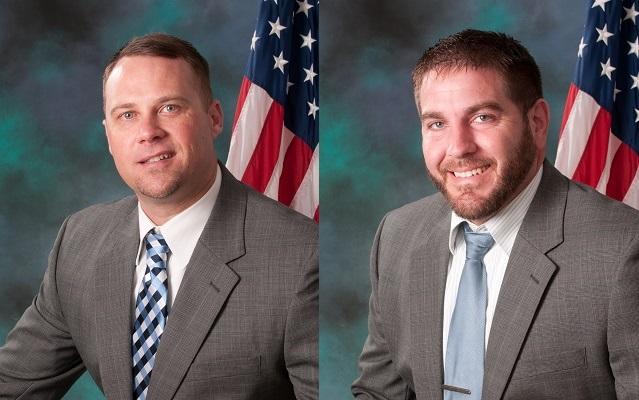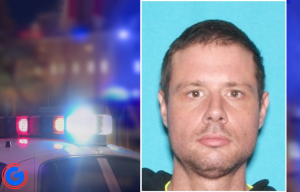Two Rutherford County Sheriff’s detectives received advanced training after completing a 10-week training at the National Forensic Academy in Knoxville. Detectives Steve Brown and Richard Brinkley were two of 24 students nationwide who learned overall proper crime scene management.
Noted anthropologist Dr. William Bass, who is on the NFA Board, discussed some of his cases with the students.
“We believe it is important for the Sheriff’s Office to train detectives and deputies to keep updated in the latest crime investigations,” Sheriff Arnold said. Brown said the class worked on some body recovery cases and other in-depth classes.
“We learned how to orchestrate the flow of processing a crime scene from start to finish,” Brown said. “It helps the Sheriff’s Office once on the scene so we can methodically begin to process evidence, people, vehicles and homes to obtain as much evidence as possible to aid the investigation. You want to get as much evidence as possible for the prosecution and the District Attorney’s Office.”
Brinkley said they learned how to process latent (finger) prints by using chemicals and by enhancing the print to process. They practiced scene sketching for courtroom presentation that gives a visual aid for jurors to recreate the scene.
“You can go back into the scene and re-create it,” Brinkley said.
Also, they studied blood pattern analysis.
“You can look at a scene with blood spatter on the wall and floor and deduct how that pattern happened and how it got there,” Brinkley said. “It all works together,” Brinkley said. “We can apply the knowledge received to scenes we respond to.”
Brown said the photography classes taught students how to take proper photographs of crime scenes, take the photographs according to scale and use proper lighting for a better quality.
The shooting reconstruction class dealt with the flight path of a bullet and can tell investigators where the shooter stood.
Instructors taught how to collect trace evidence such as hair fibers, skin cells and saliva and DNA. DNA may be entered into a national database that may identify a suspect.
“You can go into a crime scene with a better perspective,” Brown said, explaining collecting fingerprints can help solve burglaries while trace evidence can lead to arrests for burglaries, robberies and rapes.
Both detectives said they are using the information to better serve Rutherford County citizens while investigating crimes.












